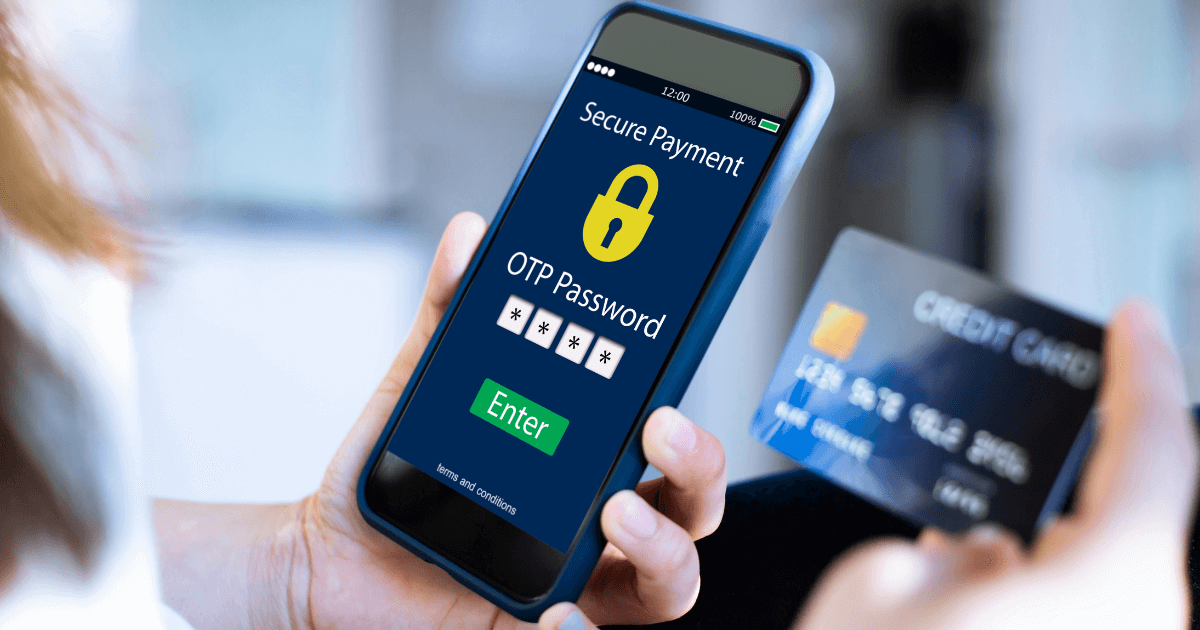

From logging into bank accounts to verifying access on your favourite apps, One-Time Passwords (OTPs) have become a common way to authenticate your identity. However, with growing concerns about data breaches, digital fraud and privacy, many are wondering: is it really safe to share your phone number for OTP registration?
In this article, we break down how OTPs work, when it’s okay to share your number, and what precautions you can take to stay safe.
A One-Time Password (OTP) is a temporary, time-sensitive code sent to your mobile number or email to verify your identity. It’s commonly used for:
This added layer of verification is designed to protect your digital accounts — but it can become a risk if your number falls into the wrong hands.
Generally, it’s safe to give out your number for OTP purposes if the platform is trustworthy and secure. Government agencies, banks, telecommunications providers, and popular apps with proper security protocols are considered safe.
Here are a few things to look for:
If a site or app looks suspicious or unverified, think twice before entering your number.
Giving out your phone number without proper caution can open the door to serious security and privacy threats:
Cybercriminals may impersonate you and convince telco providers to transfer your number to a new SIM. Once they gain control, they can intercept OTPs and break into your banking, email, or social media accounts.
Your number can be the first step in a larger scam. Fraudsters might use it to send fake calls, SMS, or emails that look legit — all aimed at tricking you into revealing personal or financial information.
Once your number ends up in marketing or scam databases, you could start receiving a flood of unwanted calls, promotional messages, or even scam attempts.
Here’s how you can reduce the risks and keep your number secure when using OTPs:
Where possible, opt for authenticator apps like Google Authenticator instead of SMS-based OTPs. These apps generate codes on your device and aren’t vulnerable to SIM swap attacks.
Only give out your number to trusted platforms or services. Avoid entering it into shady online contests, random surveys, or pop-up forms that could be collecting data for scams.
Watch for unusual login attempts, unexpected OTPs, or new app notifications. These could be early signs of someone trying to access your account. Act quickly — change your passwords and notify your service provider.
With CelcomDigi’s PrivateSIM, you get stronger privacy protection and reduced exposure to spam or fraud. It’s ideal for anyone who wants to keep their personal number private — especially when signing up for services or shopping online.
Your phone number is more than just a way to stay connected — it’s a key to your digital life. By being selective about where you share it and using safer authentication methods, you can avoid unnecessary risks. Plus, with tools like CelcomDigi's PrivateSIM, you’re in control of your privacy, every step of the way. Stay alert, stay protected.

By submitting this subscription request, I consent to altHR sending me marketing communication via email. I may opt out at any time. View CelcomDigi's Privacy Policy.
© Copyright 2025 CelcomDigi Berhad [Registration No. 199701009694 (425190-X)]. All Rights Reserved.